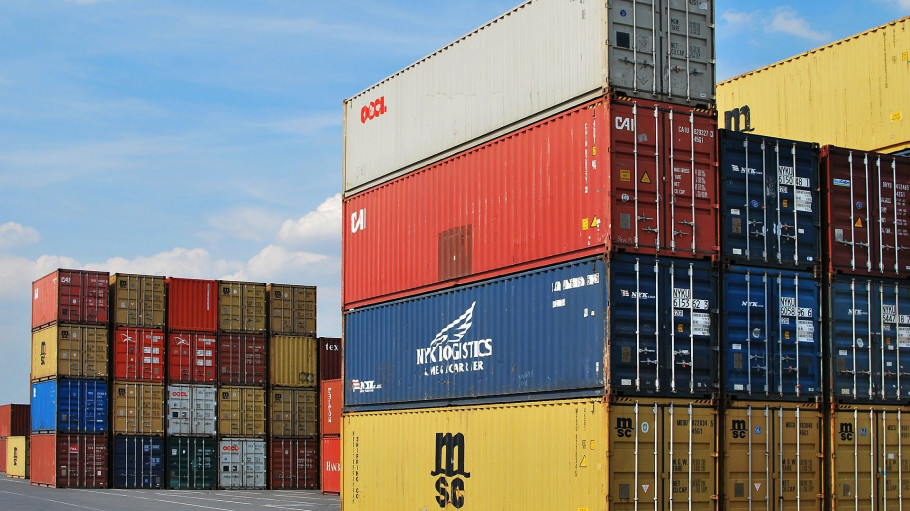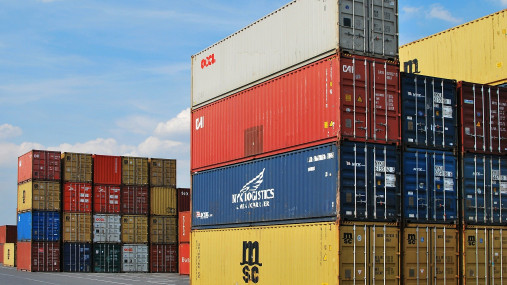

AEGIS Europe is an alliance of European industrial sectors promoting manufacturing, investment, employment, growth and innovation in an environment of fair competition and a level playing field in the EU and abroad. The alliance was created in 2016 to address the critical question as to whether the EU should accept that China was a Market Economy for purpose of anti-dumping policy. Confirming the alliance’s objective, AEGIS Europe sectors increasingly experience the critical need to expand their focus beyond EU trade defence policy and measures dealing with the effects of international economic and trade distortions, towards the root causes of distorted and unfair competition.
Well-designed and enforceable international rules that reflect today’s realities are critical for this purpose. The WTO is the regulatory institution capable of effectively framing and enforcing an international level playing field for the manufacturing industry. AEGIS Europe considers that a rules-based multilateral trade regime benefits all economies. However, the
modernization of the WTO is necessary to address competing economic and political systems.
AEGIS Europe supports the EU ambition to modernize and make the WTO more effective by introducing more transparency, new rules and disciplines and enforcement mechanisms.

Download this publication or visit associated links
Brussels, 20 February 2026 – EU steel exports to the United States fell by 30% in the second half of 2025 compared to the same period in 2024, after the imposition of 50% tariffs according to new Eurostat data. The expansion of the U.S. tariff regime to include downstream steel-intensive products, such as machinery and equipment, is expected to amplify its impact on both EU steel producers and their customers. The European Steel Association (EUROFER) said the figures underscore the need for any EU-US trade agreement to be fair, balanced and enforceable.
Joint Industry Statement
Brussels, 11 February 2026 - The European Steel Association (EUROFER) has backed a call to action adopted by European companies and industries in Antwerp today, which includes a demand on the EU to take urgent action to bring electricity prices down as a condition for Europe’s industrial drive, competitiveness and economic resilience.